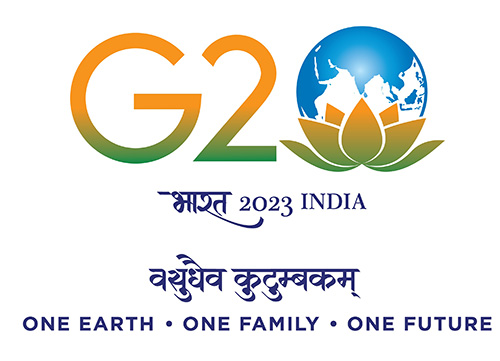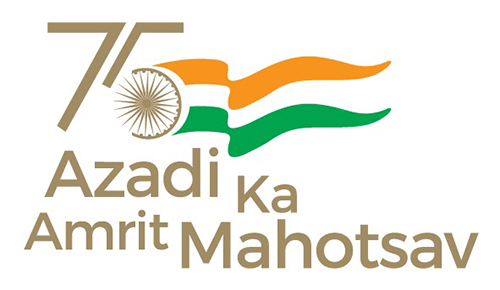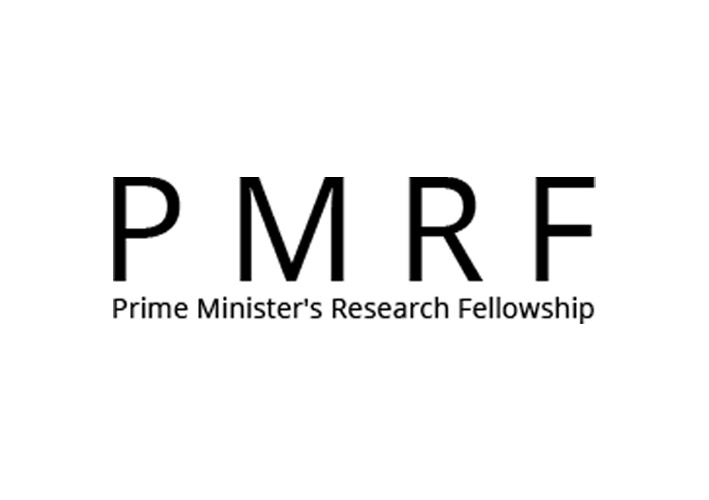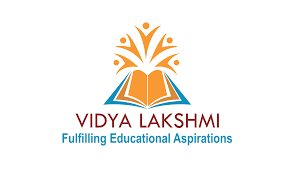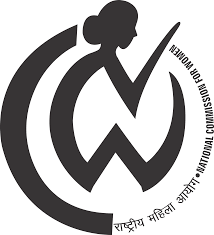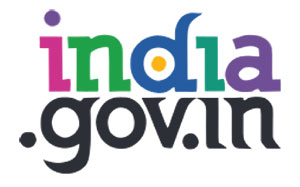Atul Kumar
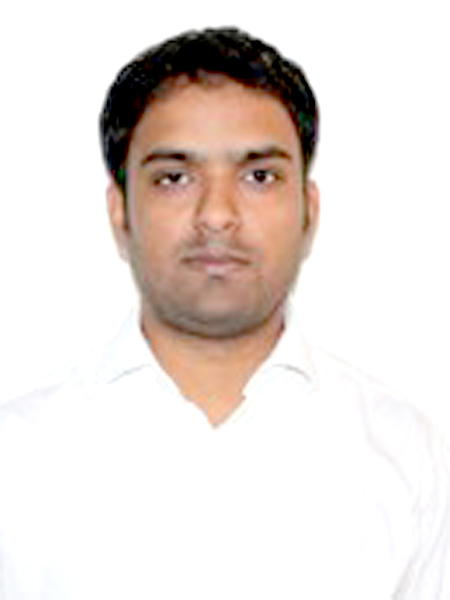
Atul Kumar
ProfessorBiography
Atul Kumar received his B.Sc.
degree in Chemistry from the Department of Chemistry, Banaras Hindu University,
in 1999, and his M.Sc. degree in Chemistry from the Department of Chemistry,
Indian Institute of Technology (IIT) Madras, in 2004, with a focus on
theoretical chemistry. He completed his Ph.D. in 2010 at the Department of
Chemistry, IIT Madras (IITM), specializing in Quantum Information and
Computation. He joined IIT Jodhpur in March 2012, where he is currently a
Professor in the Department of Chemistry. His research group is interested in
exploring the frontiers of quantum computing in the noisy intermediate-scale
quantum (NISQ) era, focusing on algorithm development, quantum entanglement,
and strategies to manage noise and errors. A key aspect of our work involves
leveraging quantum methods to tackle challenges in computational chemistry and
open quantum dynamics.
Research
Over the past three decades,
quantum technology has garnered significant public and scientific attention,
driven by sustained efforts from both academia and industry to bring
quantum information and computation to the forefront of technological advancement.
The paradigm shift from classical to quantum computing holds the promise of
solving classically intractable problems more efficiently. However, the
presence of quantum noise and limitations in circuit size—characteristic of the
current noisy intermediate-scale quantum (NISQ) era—pose substantial challenges
to realizing the full potential of fault-tolerant quantum computing.
Our research group is
actively engaged in addressing several key challenges in quantum information
and computation within the constraints of the NISQ era. Our interests include
computational chemistry in the realm of quantum computation, the classification
and quantification of multiqubit entanglement and nonlocality, the development
of efficient quantum algorithms for a range of applications, error mitigation
strategies, and the study of open quantum systems.







